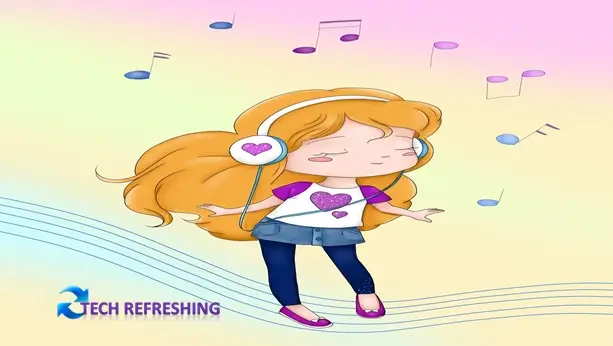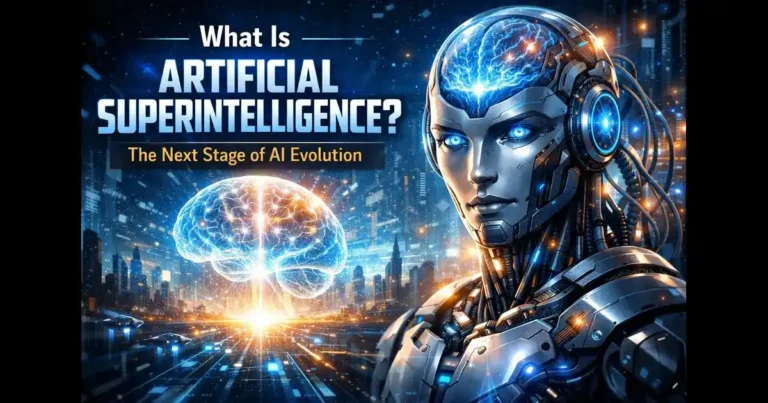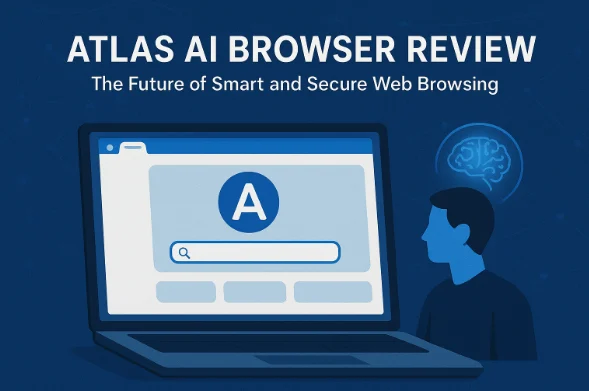
In a harmonious AI Music collaboration, Microsoft’s AI chatbot Copilot has recently struck a chord with Cambridge-based AI music startup Suno, introducing an innovative avenue for users to compose original songs seamlessly. This pioneering partnership marks a significant milestone in the realm of AI-generated music, transforming mere text prompts into lyrical melodies that resonate with the soul.
The integration of Suno’s creative prowess into Copilot’s repertoire opens a gateway for users to delve into the world of music composition effortlessly. Enabling the Suno plug-in within their Copilot accounts, users are greeted with a doorway adorned by the label, “Make music with Suno.” A simple click ignites the creative process, prompting users to conjure concise one or two-line text prompts that encapsulate their envisioned musical piece.
From summoning a folk ballad reminiscent of Alaskan summers to requesting a Cat Power-inspired ode to feline companions, these prompts serve as catalysts for Suno to weave its magic. With a few keystrokes, Copilot acts as the conduit, relaying the textual cues to Suno, which in turn orchestrates an original composition, complete with lyrics, typically spanning a minute or two in duration. The resultant symphony arrives adorned with a transcript of the lyrics, crafted from the essence of the user’s prompt.
However, Copilot and Suno aren’t the sole trailblazers in the AI music frontier. Various tech behemoths are exploring generative AI music tools, with Meta’s AudioCraft and Google’s YouTube tool among the vanguard. AudioCraft harnesses text prompts to birth musical compositions, while Google’s tool transmutes hummed melodies or text directives into original tracks. Joining this sonic revolution are a multitude of AI music startups like Soundful, Magenta, Beatbox, Soundraw, Loudly, Boomy, Beatoven.ai, and an array of others, each promising innovative musical experiences.
While the symphony of possibilities resonates, it’s essential to navigate the nuances within Suno’s ecosystem. Free users are endowed with creative liberties but are restrained from commercializing AI-generated melodies on platforms like YouTube or Spotify. Conversely, paid users inherit commercial rights to their compositions, empowering them to traverse the commercial landscape with their musical creations. However, an important caveat exists: Suno claims ownership of songs engendered by free users, although non-commercial sharing on social platforms remains permissible.
As the technological symphony continues to crescendo, this collaboration between Copilot and Suno heralds a harmonious convergence of AI and artistic expression. The fusion of text and melody births a new era where creativity transcends boundaries, painting vibrant canvases of sound from the simplest of prompts. With innovation as the conductor, the future of AI-driven music composition seems poised to serenade the world with melodies that transcend imagination.







